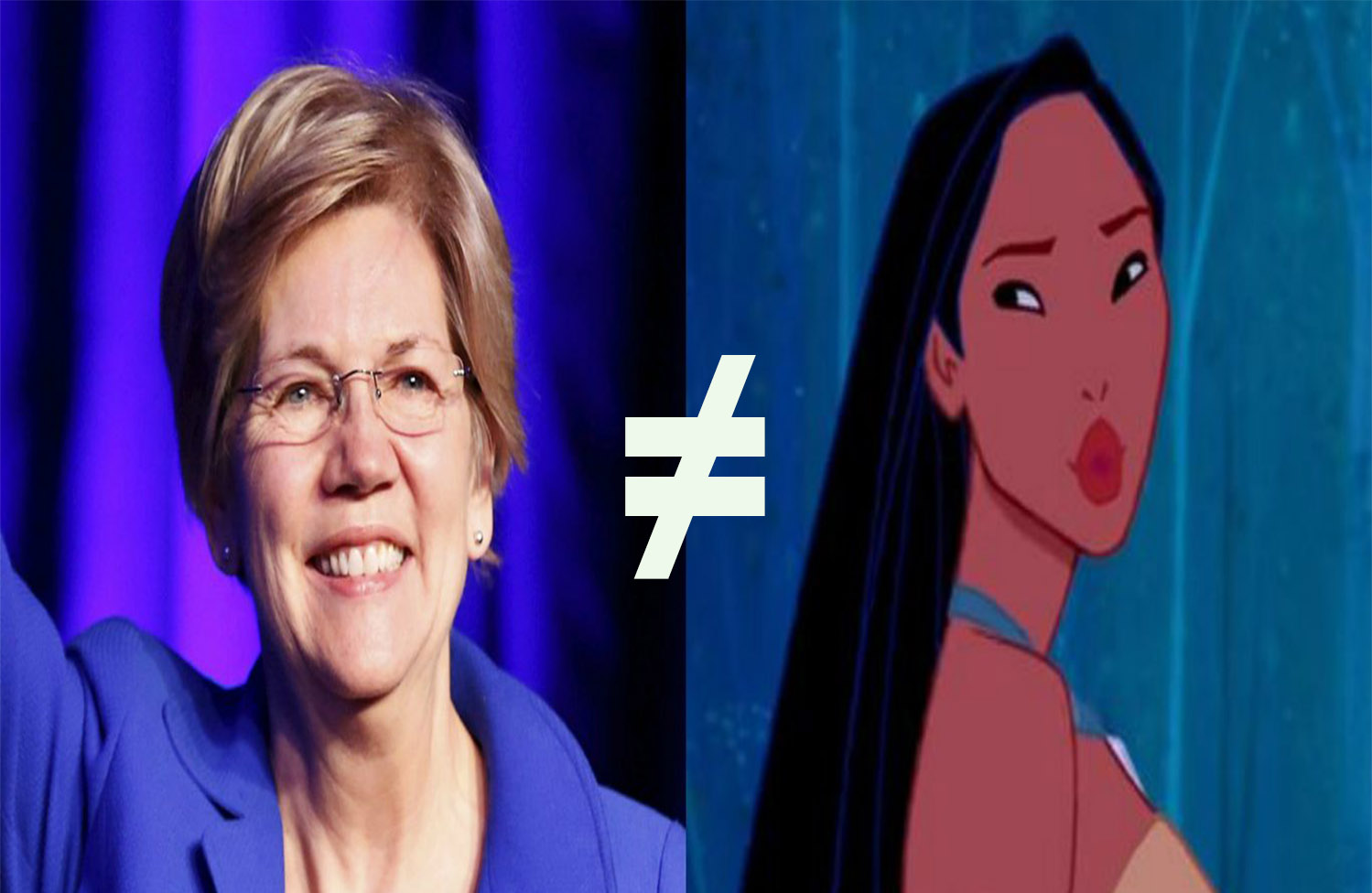I offer you two schools of thought in terms of how to assess a person based on how they order their coffee. First of all, if someone elects to order a hot chocolate, you may as well leave them in whatever cafe you’ve ended up in with a literal child, unless of course, you are their purposely with a younger relative, then, by all means. Back to coffee, if someone orders a coffee, they’re off to a great start, but when asked if they want any cream/milk and they say, “no,” I would tread lightly with this individual because they are a little too intense for government work if you catch my drift. Moving on, we have our latte fans, they’re all relatively good people unless, of course, they get complicated with the number of espresso shots or if they ask for a full list of “alternate milk.” These are the high-maintenance individuals who can overwhelm even the calmest of people.
Between you and me, I order my coffee black, but not to worry, here’s what you missed in the news yesterday.
China, You Good, Dawg?
China’s factory sector contracted last month for the first time in nearly three years, according to government data published earlier this week. The report stated that although output continued to expand in 2018, “new orders rose at the slowest rate since May 2017, while export sales decline for the fifth month in a row.”It continued to note that “employment remained on a downward trend which, in turn, contributed to an increase in outstanding workload. The world’s second-largest economy has been progressively becoming weaker due to a slowdown in export orders amid the ongoing trade war between the United States and China. Upon review of last year for growth in China’s economy, analysts say China’s market hasn’t done this poorly since 1990, according to CNN.
“The employment subindex, remaining in contractionary territory, dipped to its lowest level since July 2017. The subindex for new export orders inched up despite remaining in contractionary territory, implying a still-grim export situation.”
–Dr. Zhengsheng Zhong, Director of Macroeconomic Analysis, CEBM
The question on the minds of most stakeholders in the geopolitical arena, specifically those with a vested interest in either the US or Chinese economies, how the trade war will play out in 2019. After President Trump imposed billions of dollars in tariffs on Chinese exports, sources say the two countries may come to an agreement as early as February. If they do not succeed, tariffs may only get worse.
Google Needs A Hand
Imagine being able to control your computer or smartphone simply by making the relevant gesture depending on how you want to interact with your device. Google’s ATAP Project Soli has purposed itself with making this futuristic dream-like concept a practical reality. The Soli Project first began in 2015, and in that time, the ATAP team has had tremendous breakthroughs with the developmental tech. Pausing for a moment to give you a brief, but necessary science lesson, radar is a technology which transmits a radio wave towards a target, and the receiver of the radar signal intercepts reflective energy from that target. Operating with the goal of “harnessing the power of hand and finger manipulation to make it easier to interact with devices and screens,” Project Soli utilizes radar technology to capture signals from human hands and transmit those signals into interactions on the screens of our favorite tablets, smartphones, and computers, according to TechCrunch.
In recent news, the Federal Communications Commission (FCC) announced earlier this week that it would grant Project Soli an official waiver to allow the team to operate their radar-sensing device at higher, more optimal power levels, given that the FCC oversees all radio wave transmissions.
“…We grant a request by Google, LLC for waiver of section…of the rules governing short-range interactive motion sensing devices, consistent with the parameters set forth in the Google-Facebook Joint ex-party Filing, to permit the certification and marketing of its Project Soli field disturbance sensor to operate at higher power levels than currently allowed. In addition, we waive compliance of the rules to allow users to operate Google Soli devices while aboard aircraft…We further find that grant of the waiver will serve the public interest by providing for innovative device control features using touchless hand gesture technology.”
–Federal Communications Commission commenting on Project Soli





